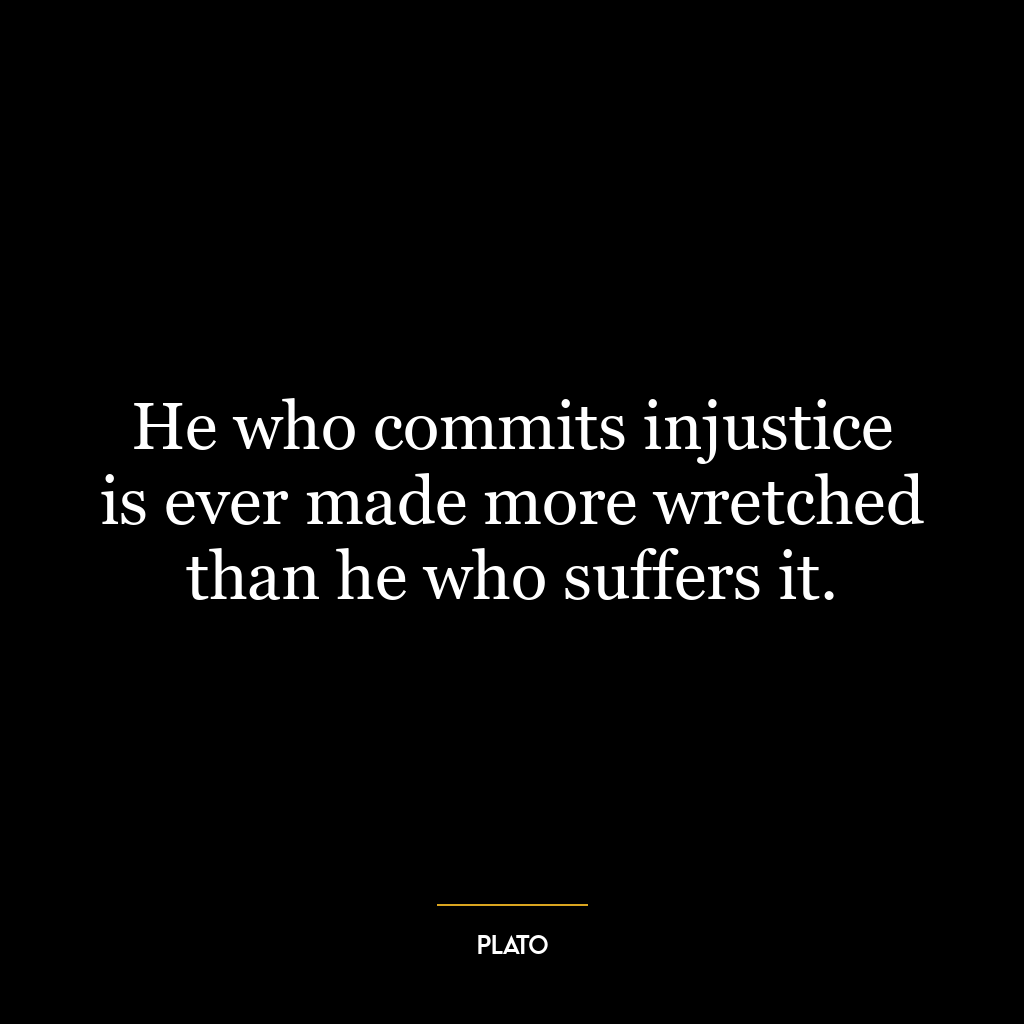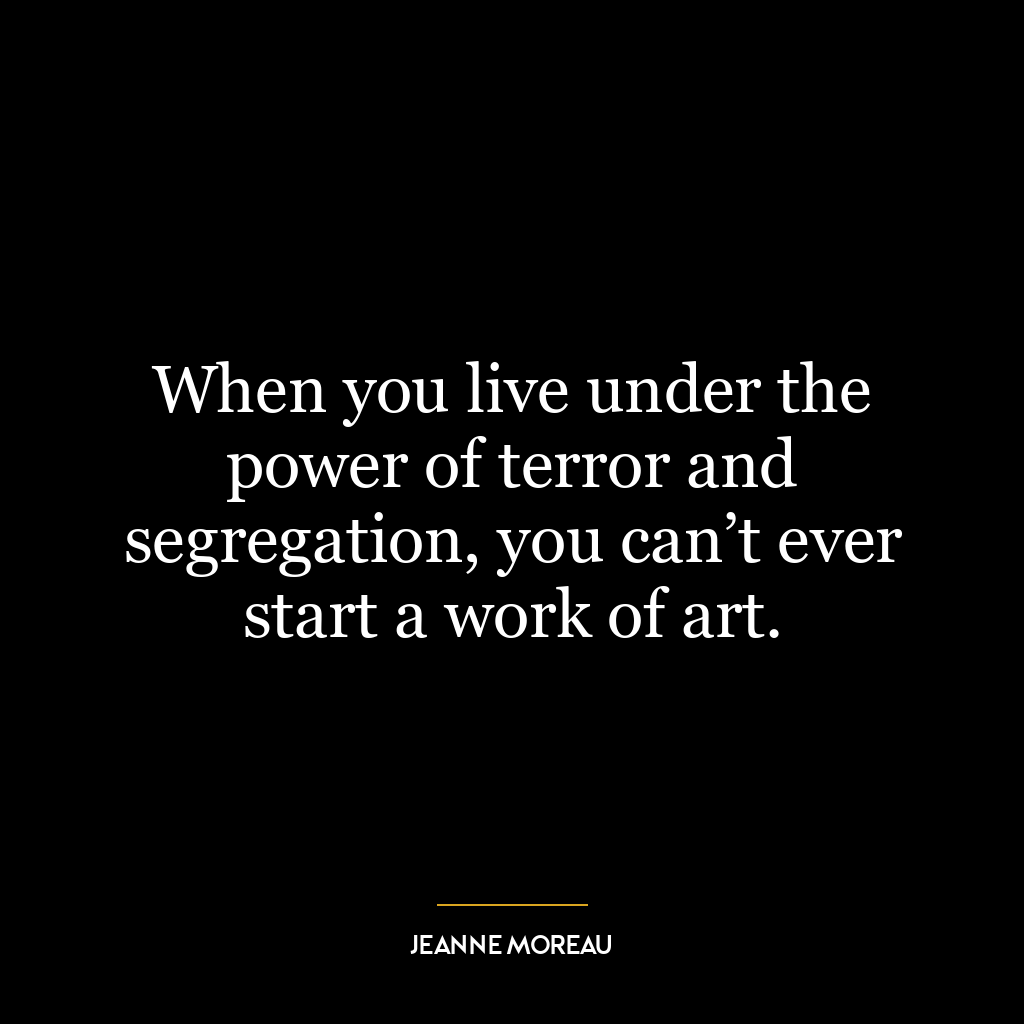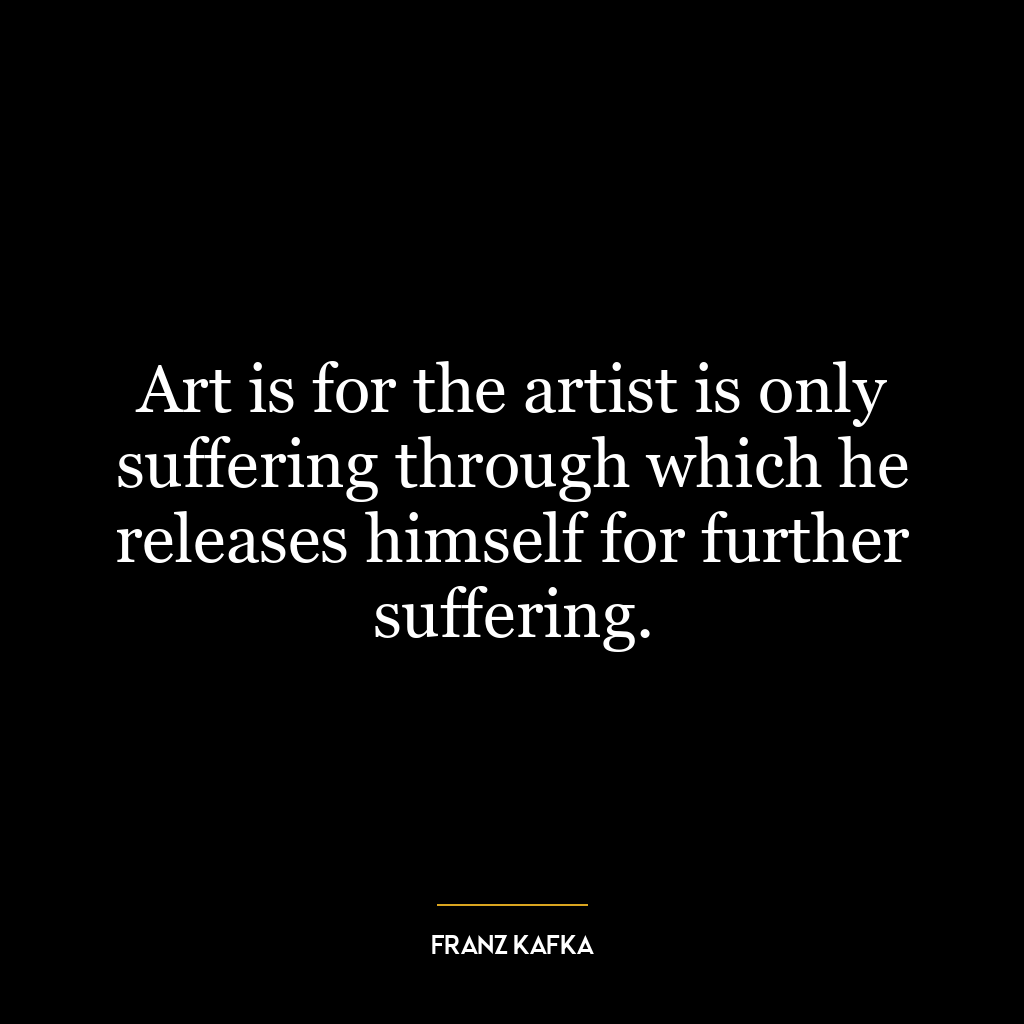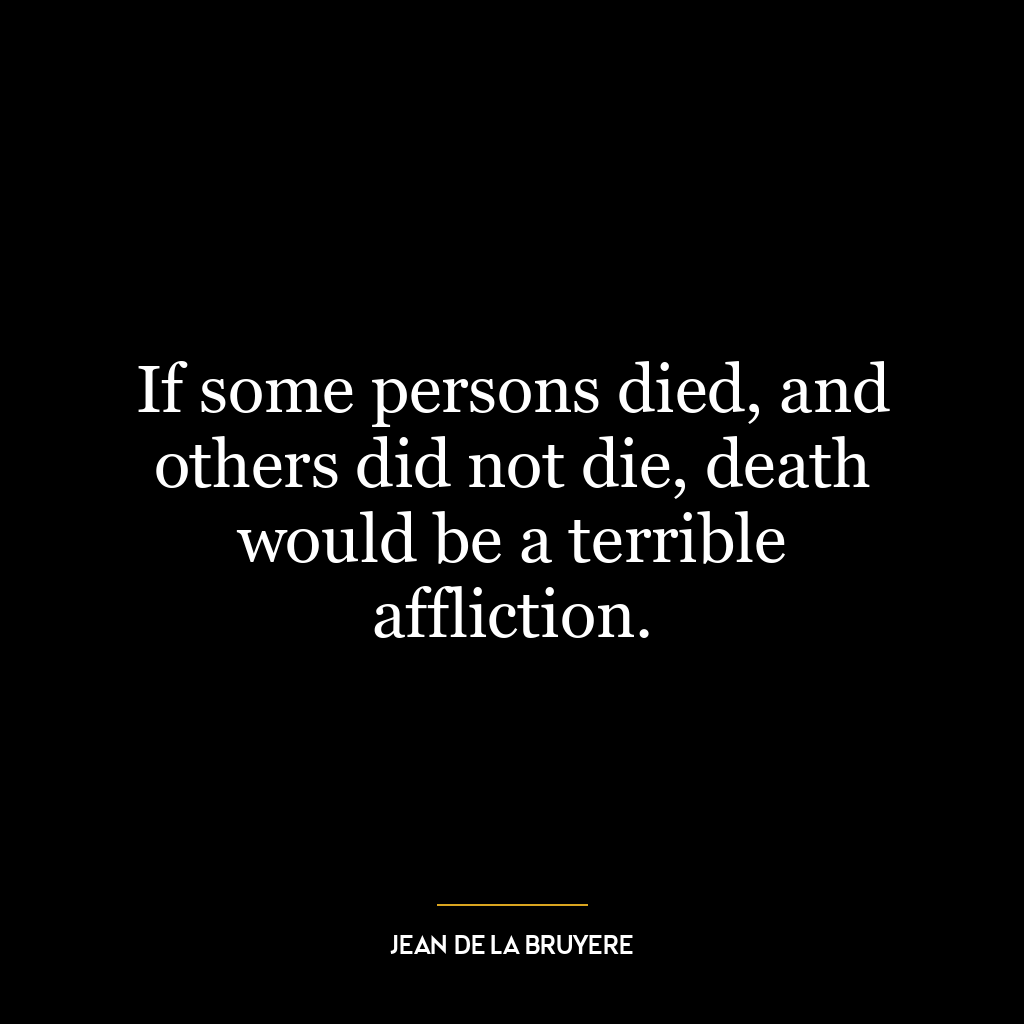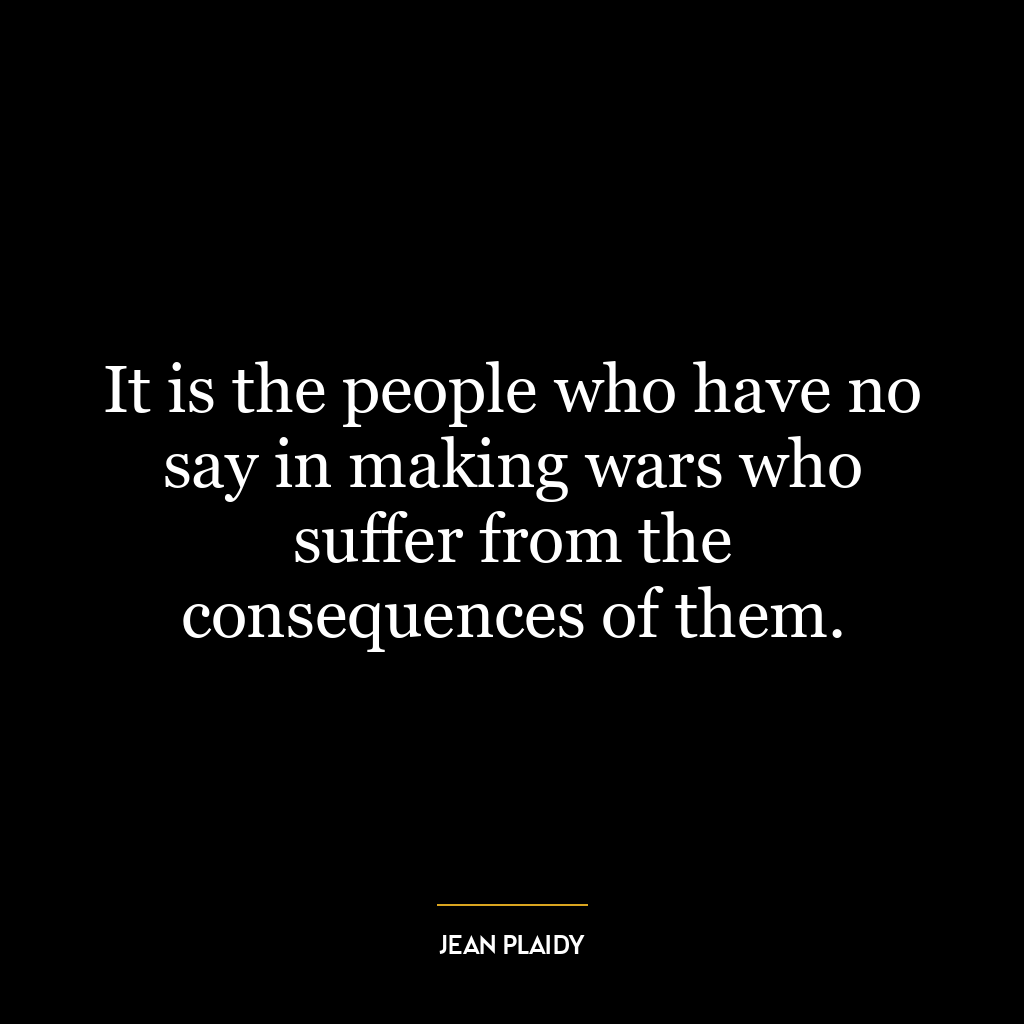He who commits injustice is ever made more wretched than he who suffers it.
This quote is a profound reflection on the nature of injustice and the impact it has on both the perpetrator and the victim. It suggests that the person who commits an act of injustice is more miserable than the one who endures it. The idea behind this is relatively simple yet deeply philosophical. It’s rooted in the belief that our actions define us more than our experiences. When a person commits an injustice, they are acting against moral law, betraying their own conscience, and thus, inflicting a wound upon their own soul.
The person who suffers injustice experiences pain and hardship, but they do not compromise their integrity or moral standing. They may even grow stronger, wiser, and more resilient as a result of their suffering. The perpetrator, on the other hand, has to live with the guilt, shame, and self-reproach that come with knowing they have done wrong. This internal torment can be far more wretched than any external affliction.
In today’s context, this quote is a reminder of the importance of maintaining integrity, even when it seems easier or more profitable to act unjustly. For instance, in business, it might be tempting to cheat or exploit others for personal gain. However, the psychological cost of such actions – the damage to one’s self-esteem and peace of mind – often outweighs any material benefits.
In terms of personal development, this quote encourages us to strive for moral excellence. It suggests that true happiness and fulfillment come from acting justly and treating others with fairness and respect, even when we have the power to do otherwise. It also teaches us that we should not fear suffering or adversity, as these experiences can strengthen our character and enrich our lives in ways that easy success and unearned privileges cannot.

